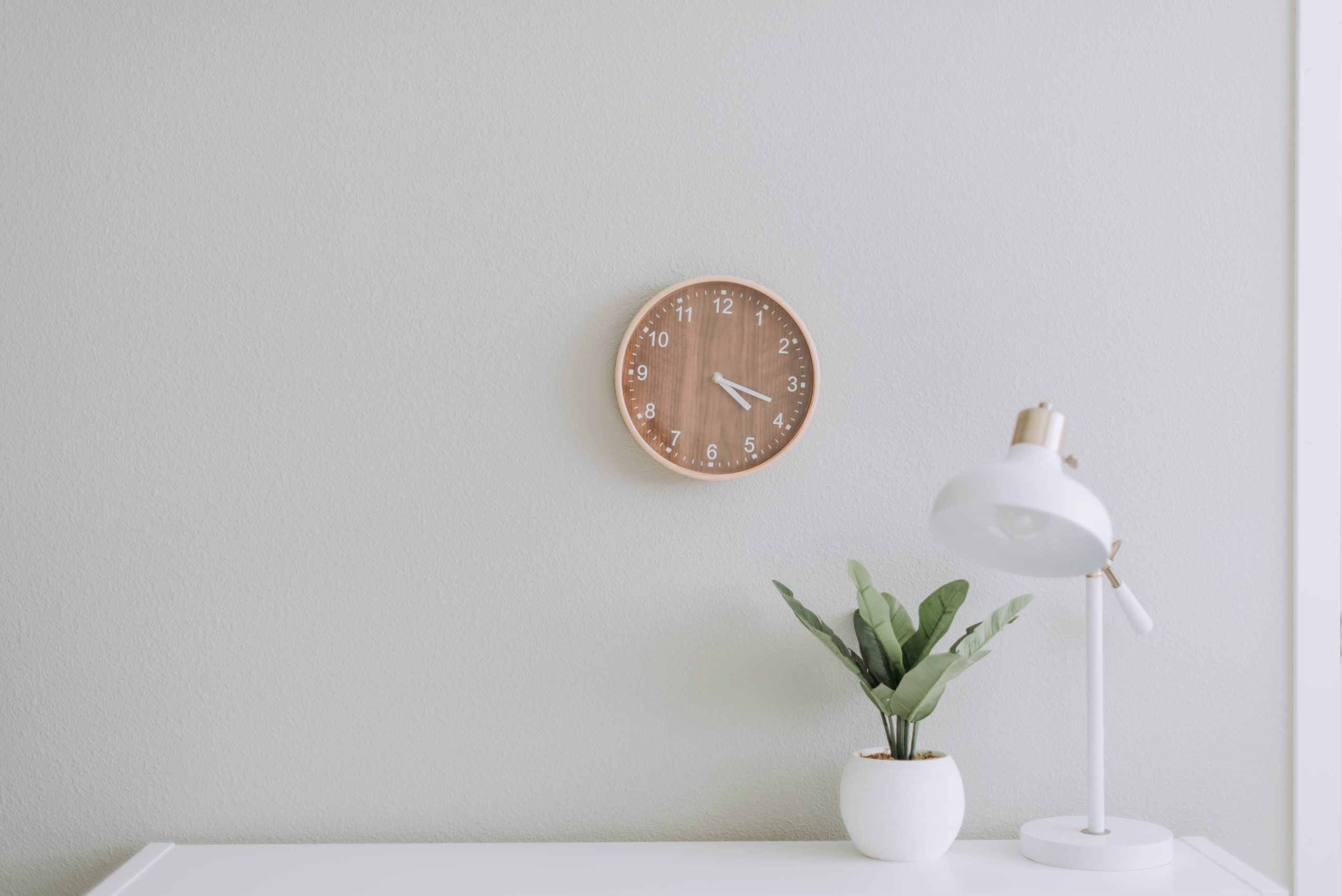Zero waste at work is a team effort
To bring zero waste into the workplace, everyone needs to get involved. And the sooner, the better.
What is zero waste and why is it important?
The zero-waste strategy emerged in 2004 in response to concerns about resource depletion. Experts observed that natural resources were extracted and turned into waste in less than 42 days. The goal of zero waste is to push us to change how we consume, while helping us fight waste.
It’s also a fight against built-in obsolescence. It promotes reuse, recycling, and durable products instead of single-use items that end up in the trash minutes after use. It’s a continuous effort that benefits the planet, and one we should all embrace.
Raise awareness among colleagues and employees
Adopting zero waste in the office is absolutely possible. Beyond the techniques we’ll explore below, it’s vital to raise awareness. Organize zero-waste workshops or team meetings. Share simple, actionable methods to put these practices in place.
Pass this zero-waste guide along so that everyone contributes to the effort!

Zero waste at work: simple actions to start with
To make zero waste easier to adopt at work, start with these practical steps:
Cut down on paper use
Limit your paper consumption as much as possible. Do you print every file? Take notes on scraps that end up in the trash at the end of the day? There are better ways.
Think before you print. Use both sides of the paper. Reduce drafts and install recycling bins throughout the office.
Don’t forget digital waste
Zero waste also applies to the digital world. Many unnecessary files stay stored on computers and cloud accounts: emails never deleted, folders piling up, unused documents…
Take time to declutter. Save essential files on an external hard drive and free up space on your computer. Regular cleanups can make a real zero-waste impact.
Rethink energy use
In most offices, computers, lights, and devices run all day long. This creates constant energy consumption.
Why not go eco-friendly by making smarter choices? Switch to energy-saving light bulbs, reduce heating and air conditioning, and optimize energy use on laptops and other devices.

A zero-waste coffee break
Coffee breaks are a daily ritual in most workplaces. But they’re also an opportunity to cut waste.
Say goodbye to plastic cups
Eliminate single-use plastic cups. Bring your own mug, and provide reusable water bottles for employees. Skip coffee pods too—they produce about ten times more waste than traditional coffee.
Go for package-free snacks
Feeling hungry at work? Keep a handful of dried fruits or nuts at your desk. They’re nutritious and eco-friendly. To reduce packaging waste even further, offer a healthy, zero-waste alternative like BulkBar’s bulk dispensers with cereals, dried fruits, and nuts, perfect for an energy boost without harming the planet.
Bring a reusable lunch container
At lunchtime, skip packaged ready meals. Bring a reusable food container filled at home with a healthy, homemade meal.
Step by step, by adopting these zero-waste habits, you’ll raise awareness among colleagues and reduce your office’s ecological footprint. Starting with small changes in workplace consumption is a powerful ecological initiative.
Published on 18/08/2020









